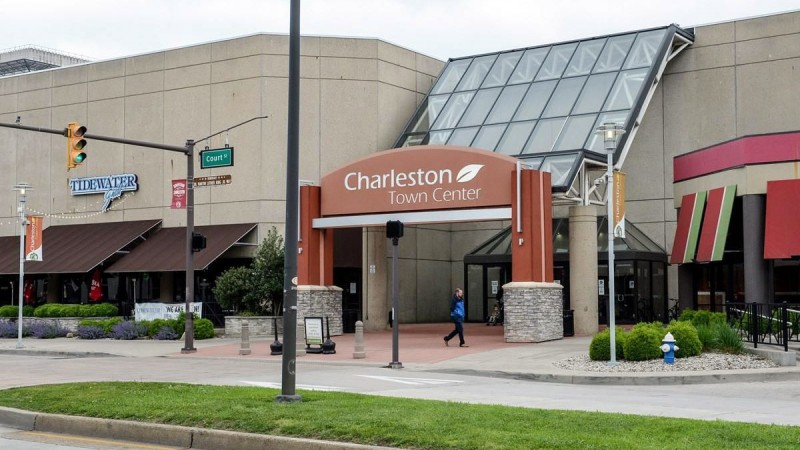The West Virginia Legislature concluded its 2022 session Saturday, with lawmakers not taking action on the satellite casino bill, passed March 1 by the Senate. The project aimed to approve satellite casinos (or mini-casinos), which have been used in neighboring Pennsylvania to reactivate economic activity in empty malls, such as former Sears and Bon-Ton department stores and a former Macy’s on Nittany Mall, which have been repurposed in that state.
Senate Bill 100 was introduced in February by state Senator Eric Nelson. The move would have allowed casinos in West Virginia to pursue secondary gaming locations, as long as the targeted expansion site remained in the primary casino’s host county. Nelson referenced how such an opportunity could help rejuvenate retail malls like the Charleston Town Center. Most of Nelson’s colleagues in the Senate agreed when the chamber passed SB100 by a vote of 23-10.
Was lead sponsor on SB100 to allow satellite #casinos. 1st step to possibly allow expansion/diversification into the @CharlestonTC. pic.twitter.com/x2SS2qw9Z0
— Eric Nelson, Jr. (@ericnelsonjr) March 1, 2022
But after moving to the House of Delegates for further consideration, SB100 stalled. The gaming bill was directed to the House Finance and Judiciary committees. Neither committee acted on the bill.
If the bill had passed and signed into law by Governor Jim Justice, it would not have actually authorized new casinos. Instead, SB100 would have only allowed each casino to search for a satellite gaming location. Each proposed mini-casino would have had to be endorsed by a simple majority of county voters through a local ballot referendum.
SB100 stipulates that the total number of locations at a licensed racetrack may operate within a county is two locations. “Provided that any licensed racetrack that establishes a secondary location will continue to operate its original facility and continue to maintain and offer amenities, accommodations, options and services in said original installation”, it reads, thus assuring existing properties would not be affected by the new mini-casinos.
Charleston Town Center would possibly have been repurposed, had the bill been approved.
The Governor’s family could have potentially benefited from the bill, as the billionaire’s business empire includes the Greenbrier, which operates a casino at the luxury resort in White Sulfur Springs.
The statute also mandated that if the satellite location opened in a different municipality, the host city of the large-scale casino must receive at least the same amount of local gaming tax revenue as it received in the year prior to the satellite opening.
Back in 2019, a project was introduced in the House of Delegates seeking to allow West Virginia’s four racetracks to open one satellite casino in the same county where they were located, featuring video lottery terminals and table games.
Satellite casinos were also introduced in Pennsylvania, West Virginia’s neighbor, where lawmakers approved ‘mini casinos’ through the state in 2017, which also legalized sports betting, video-game terminals in truck stops, online gaming, and internet lotteries.
The law authorized the state’s 13 licensed casinos to apply for up to 10 satellite casino licenses, as long as the new facilities were no closer than 25 miles from an existing property.
Original article: https://www.yogonet.com/international/news/2022/03/14/61775-west-virginia-39s-satellite-casino-bill-dies-for-the-year-despite-senate-approval














